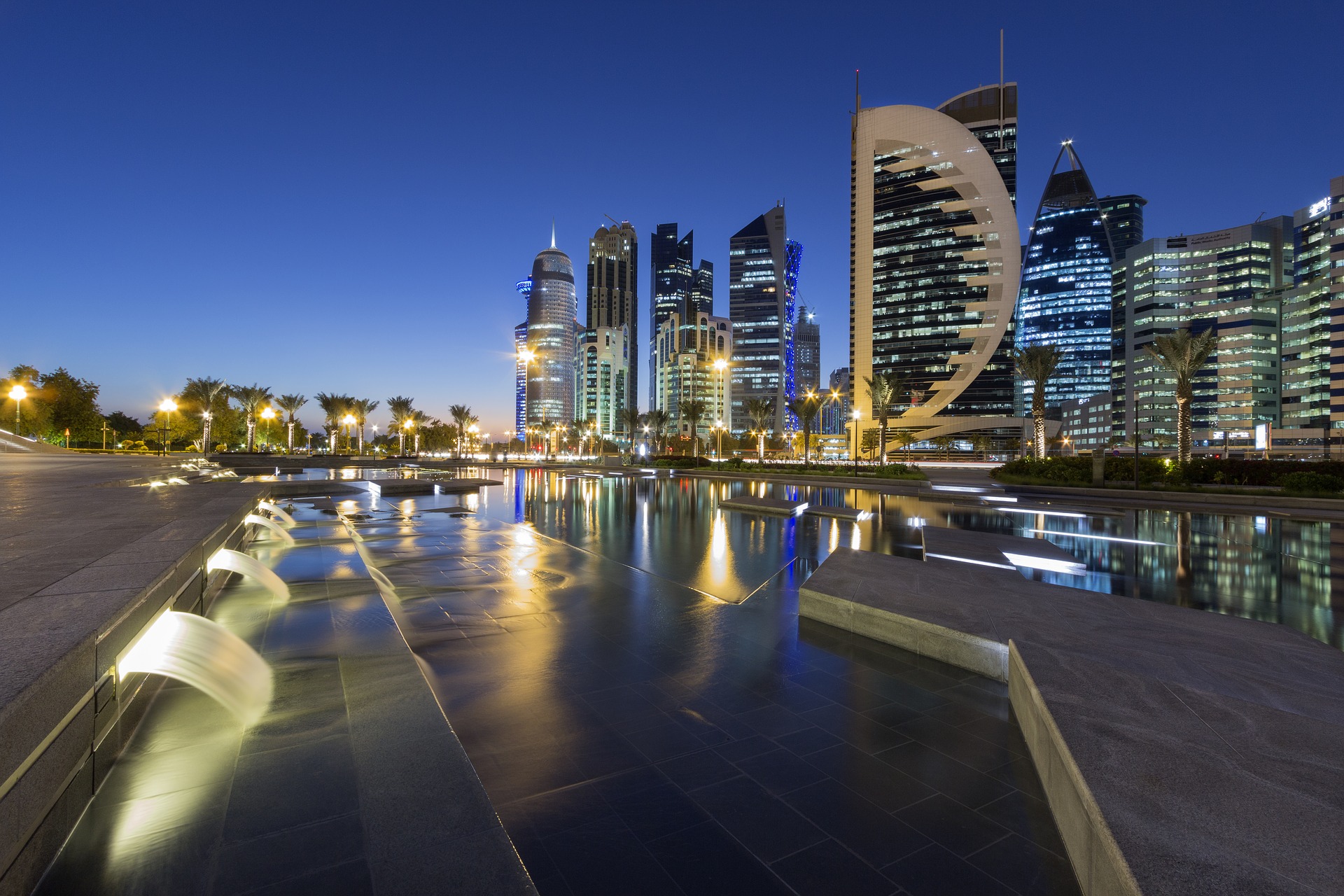Friday news roundup September 28, 2018

Amnesty International reports that dozens of migrants working to build Lusail, the planned city to host the Qatar World Cup in 2022, have not been paid for months. Contractor Mercury MENA, “failed to pay its workers thousands of dollars in wages and work benefits, leaving them stranded and penniless,” says the human rights group. At least 78 employees are owed an average sum of $2000. Mercury MENA said they had “cash flow” problems. The reports are being investigated by the Qatari government; a spokesman for the government said: “While Mercury MENA no longer operates in Qatar, legal matters will continue and we will conduct a full investigation.”
According to complaints received by regional labor bureaus in Japan, workers are experiencing harassment and intimidation from their bosses when they want to change jobs. It is thought the rise in such incidents is owing to the increased pressure on companies being hit hard by the country’s labor shortage. According to the data, last year just under 39,000 complaints were filed by workers who felt pressured to stay in their jobs. This has resulted in an increasing number of workers seeking help from labor bureaus to resign and negotiate settlements.
Over a third of Irish adults believe their jobs will be taken by artificial intelligence technology, according to Lero, a software research centre. Of this group, a quarter expect to lose their jobs between six and ten years from now. Director of Lero, Professor Brian Fitzgerald, isn’t at all surprised by the level of fear associated with jobs lost to technology, stating: “People…have observed how artificial intelligence and machines have replaced bank staff and supermarket checkout operators,” and so will naturally have doubts about their own job security. He stressed however, that people’s focus should be on reskilling and retraining workers so that they are prepared for such labor market changes.
According to recent analysis of more than 5,000 CEOs, Asian American stereotypes cause Asian Americans to only experience promotion to CEO level when companies are in decline. Stereotypes cast Asian Americans as intelligent and hard-working, but also shy and submissive, and therefore they are often least likely to be promoted into management roles. When a company runs into trouble however, Asian Americans are two and a half times more likely to be appointed as CEOs. This phenomenon, of being hired to fix risky situations in circumstances that are highly risky and stressful, is known as “the glass-cliff” because it sets unusually high expectations on those CEOs.